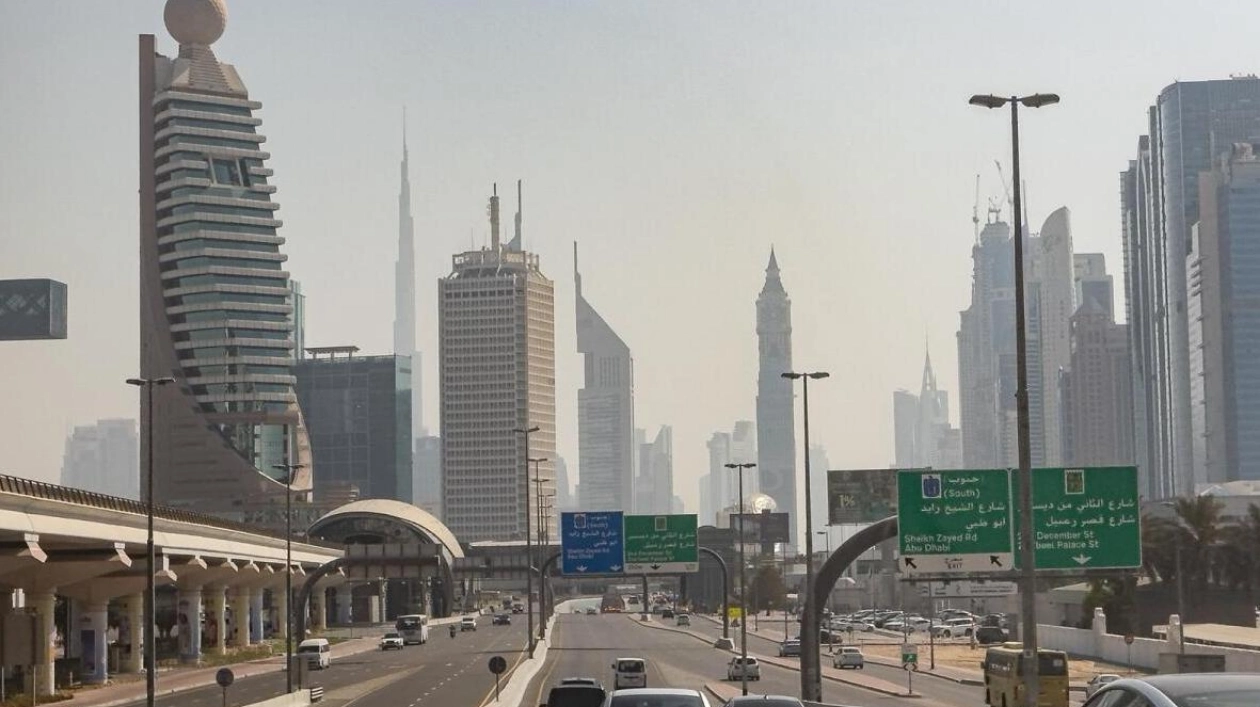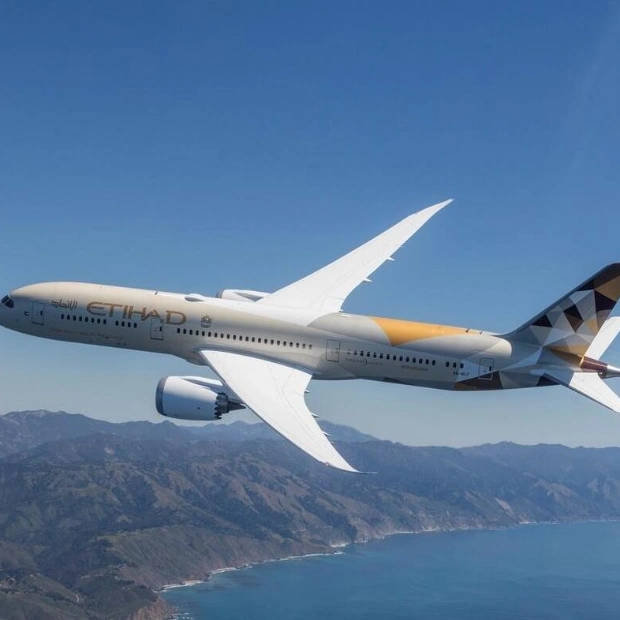A panoramic view of Dubai's skyline, captured by Neeraj Murali.
As global commodity prices are anticipated to plummet significantly in 2025, residents of the UAE can look forward to substantial relief from the escalating cost of living that has been a burden over the past few years. The World Bank predicts that these prices will reach a five-year low next year due to an impending oil surplus, which could mitigate the impact of broader Middle Eastern conflicts on crude prices. The Washington-based institution forecasts a 5% decline in global commodity prices in 2025, followed by a 2% drop in 2026, after a 3% decrease this year. Food prices are expected to decrease by 9% this year and 4% in 2025, while energy prices are projected to fall by 6% in 2025 and 2% in 2026.
Given that many food items consumed in the UAE are imported, any reduction in international shipping costs or tariffs will directly influence local prices. The World Bank notes that lower food and energy costs should aid central banks in managing inflation, despite potential upward pressure from ongoing conflicts. The International Monetary Fund's latest World Economic Outlook also indicates that global headline inflation is set to decline to 3.5% next year, far below the 9.4% peak recorded in 2022.
Global factors, such as rising import prices, have significantly contributed to inflation in the UAE. Although petrol prices, which are tied to global crude rates, dropped from Dh3.22 per litre in May, the prices of most commodities, including food, remain elevated. During the first half of 2024, the UAE saw a notable surge in the cost of living, with rising rentals and commodity prices fueling inflation. Dubai's inflation rate, as reported by the Dubai Statistics Centre, increased from 109.91 in January to 111.34 in May, driven by housing, utilities, and transport costs. The UAE’s Ministry of Economy has imposed a price cap on nine essential goods, including cooking oils, dairy, and bread, to curb inflation, requiring retailers to seek prior approval for any price increases.
Following the implementation of the price cap and other factors, including a decline in fuel prices, the annual inflation rate in the UAE decelerated to 2.5% in September 2024, down from 3.38% the previous month. The inflation rate averaged 1.73% from 1990 to 2024, peaking at 12.30% in December 2008 and hitting a record low of -2.71% in May 2020. According to Numbeo, Dubai's ranking in the cost of living index rose from 138th at the start of the year to 70th by June, while Abu Dhabi's rank jumped from 164th to 75th. Post-pandemic, rental prices in Dubai and Abu Dhabi have more than doubled in some areas due to the influx of foreign professionals.
“The good news is that the global economy appears to be in much better shape than before to cope with a significant oil shock,” said Ayhan Kose, the World Bank Group’s deputy chief economist. The World Bank anticipates that the global oil supply will exceed demand by an average of 1.2 million barrels per day next year. Additionally, several non-Opec countries are expected to boost their oil production. The price of Brent crude oil is expected to average $80 per barrel this year, before declining to $73 and $72 per barrel in 2025 and 2026, respectively. Brent prices dropped sharply on Monday after Israel refrained from targeting oil infrastructure during its recent strikes on Iran.
In the event of a regional conflict escalation, the World Bank predicts a short-term spike in crude prices. Assuming a 2.0% reduction in global oil supply due to wider conflict, the bank forecasts Brent prices to peak at $92 per barrel before moderating to $84 per barrel next year. This price accounts for a 15% increase above the baseline forecast but remains 5.0% above the average Brent crude price for 2024.
Source link: https://www.khaleejtimes.com






